The White House recently announced that U.S. President Barack Obama will visit Saudi Arabia in April as part of an overseas trip, with additional stops in Germany and the United Kingdom. The statement came as no surprise; the United States and the countries that constitute the Gulf Cooperation Council—Bahrain, Kuwait, Oman, Qatar, Saudi Arabia, and the United Arab Emirates—had agreed to convene sometime this year after their Camp David summit last May, during which they issued a joint statement reaffirming the United States’ commitment to the Gulf’s security.
The visit does come at an awkward time, however. In the wake of recent statements by Obama and by the candidates in the U.S. presidential primaries, Washington’s commitment to the region is under increasing scrutiny. In a March article by Jeffrey Goldberg in The Atlantic, Obama is quoted as criticizing Saudi Arabia’s foreign and domestic policies and questioning whether Arabia is still a friend of the United States. The article elicited an overwhelmingly negative response from Saudis on social and traditional media.
The views represented herein are the author's or speaker's own and do not necessarily reflect the views of AGSI, its staff, or its board of directors.

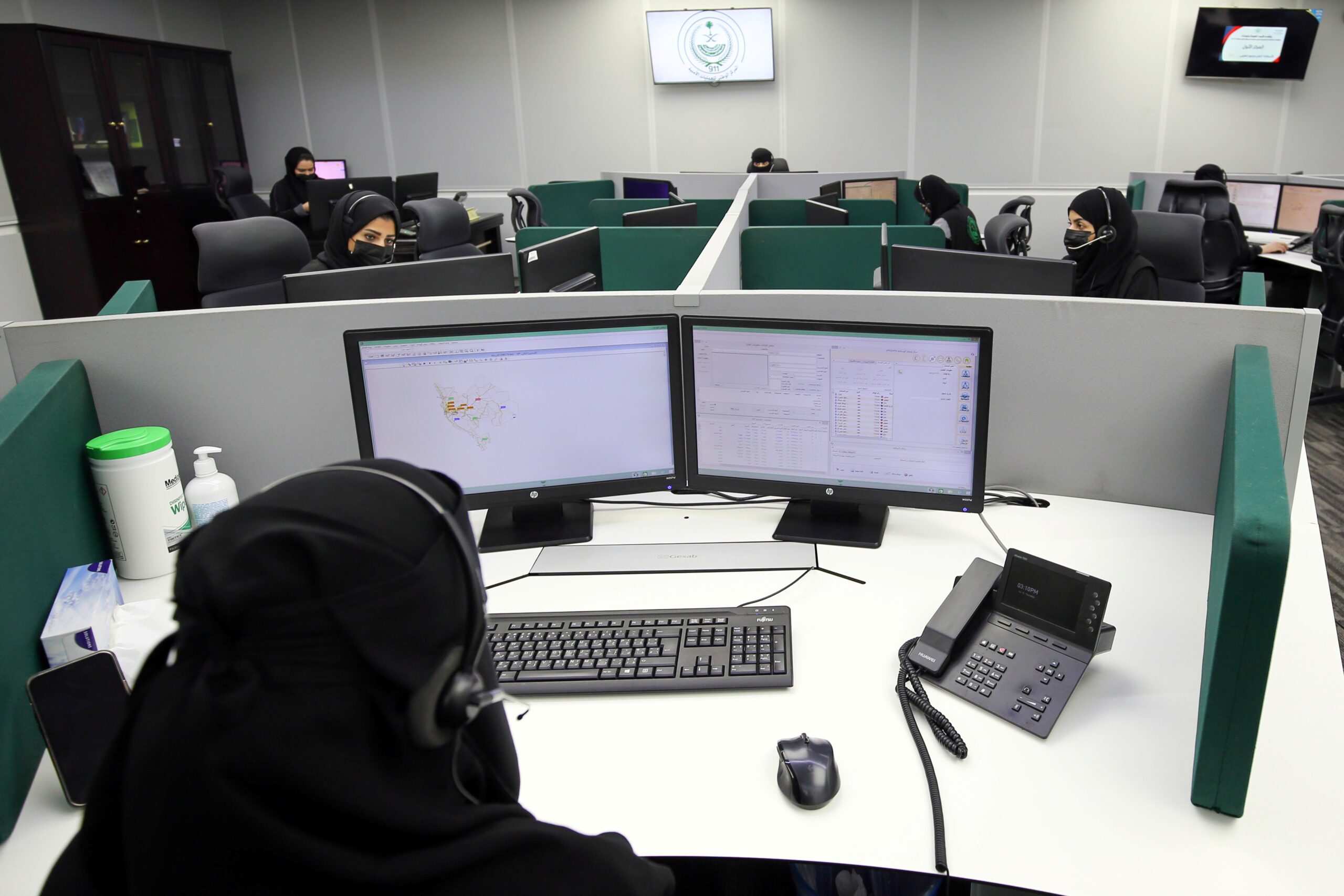

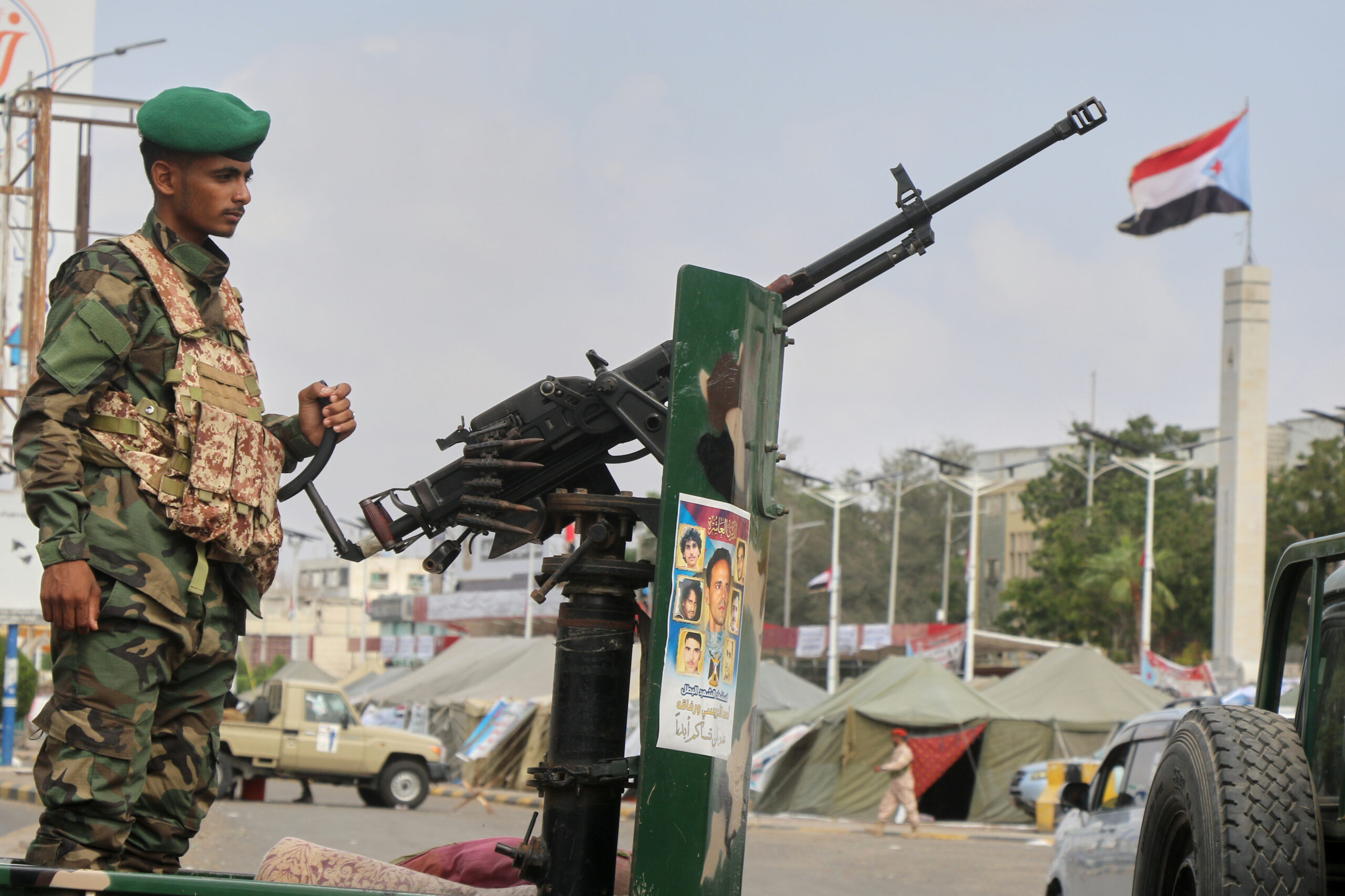

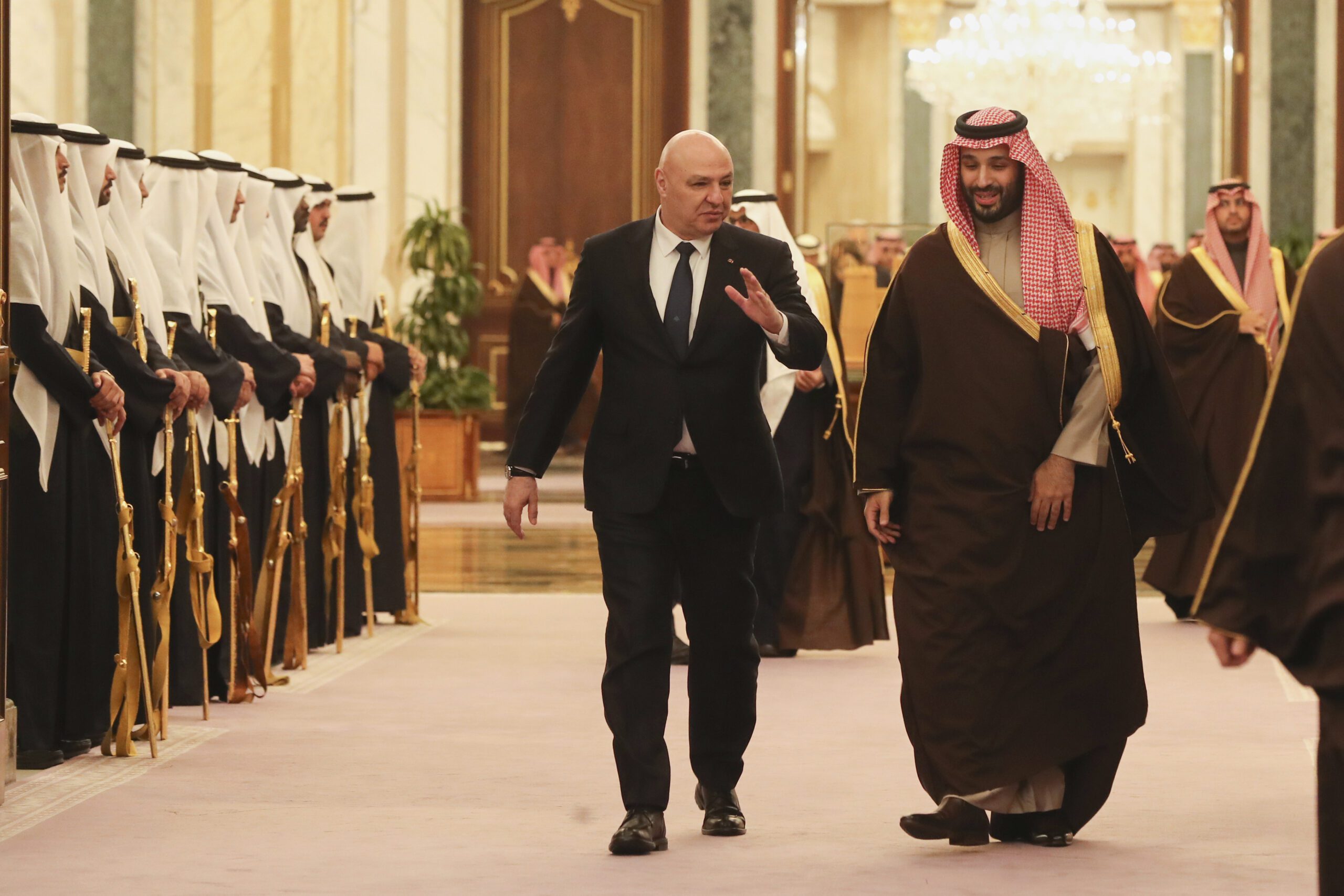
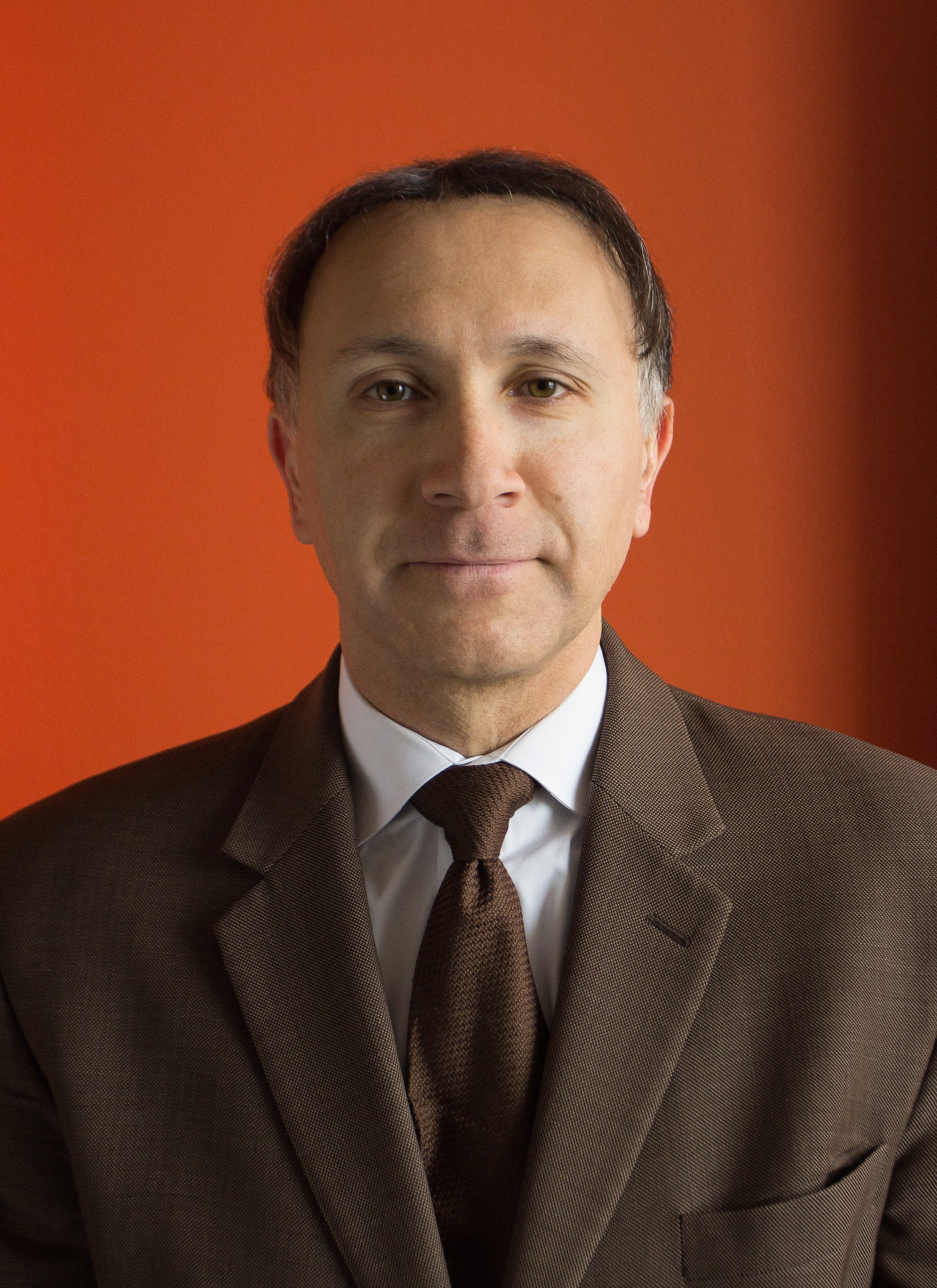
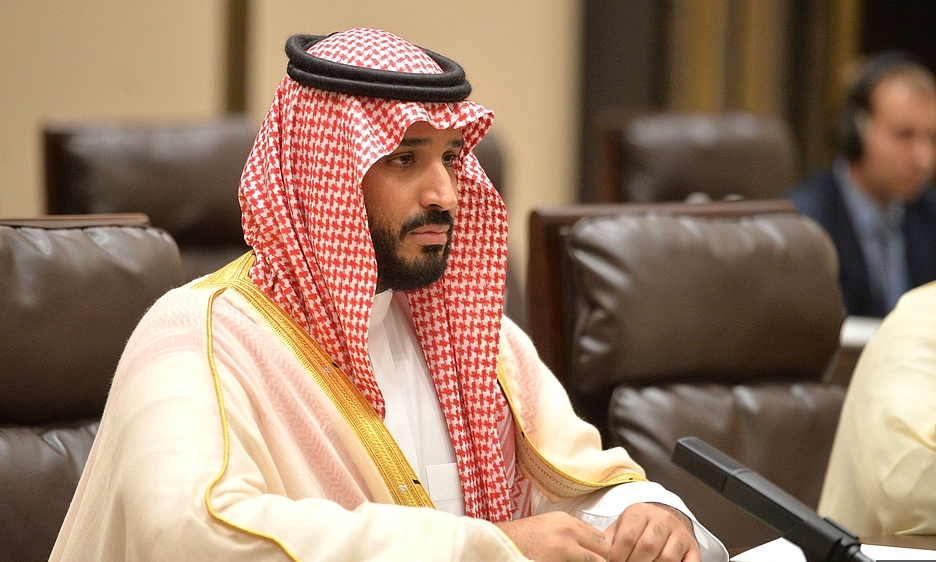
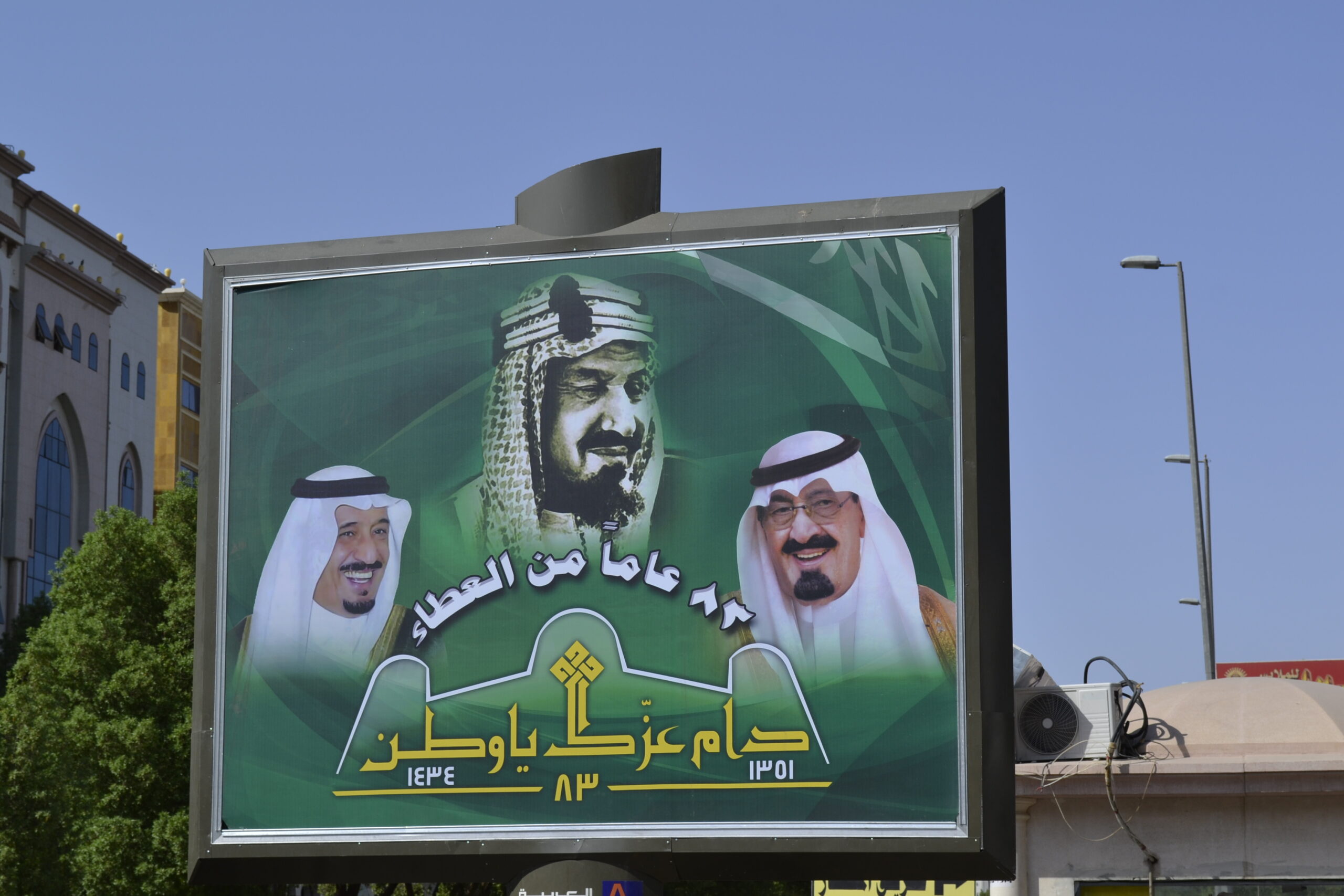
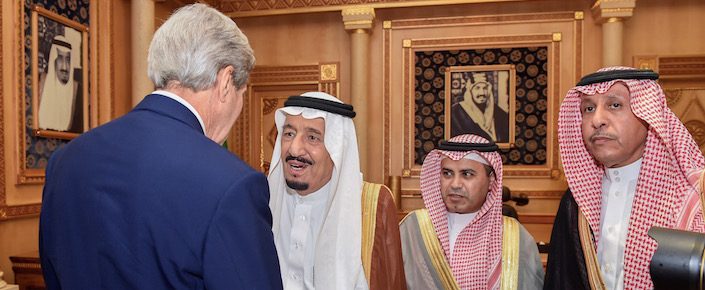

Mar 29, 2016
Clinton, Trump, and Riyadh: How Saudi Arabia Sees the U.S. Presidential Election
The White House recently announced that U.S. President Barack Obama will visit Saudi Arabia in April as part of an overseas trip, with additional stops in Germany and the United Kingdom. The statement came as no surprise; the United States and the countries that constitute the Gulf Cooperation Council—Bahrain, Kuwait, Oman, Qatar, Saudi Arabia, and the United Arab Emirates—had agreed...
1 min read